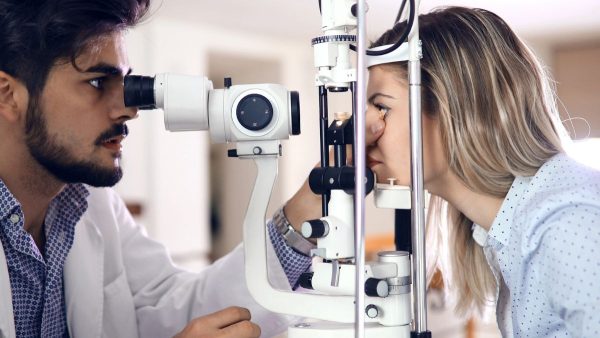Best treatment for diabetic retinopathy

Diabetic retinopathy, a condition caused by damage to the blood vessels in the retina due to high blood sugar levels, is a leading cause of vision loss among people with diabetes. Early detection and treatment are critical to prevent the progression of this condition. Here’s a comprehensive guide to the best treatment options for diabetic retinopathy, including the latest research.
Early monitoring is key
In the early stages of diabetic retinopathy, regular monitoring is crucial. Your eye doctor may recommend a comprehensive dilated eye exam as frequently as every 2 to 4 months to track any changes in your eyes. While no treatment may be necessary during these initial stages, careful observation ensures timely intervention if the condition progresses.
Advanced treatments for diabetic retinopathy
Once diabetic retinopathy advances or vision changes occur, treatment becomes essential to prevent further damage. While these treatments can’t restore lost vision, they effectively stop progression.
Injections
Anti-VEGF drugs are among the most effective treatments for diabetic retinopathy. These medications reduce the growth of abnormal blood vessels in the retina and can even reverse some damage. Corticosteroids are another option, particularly useful in lowering retinal swelling.
Laser treatment
Laser therapy is a common approach to managing retinal swelling. By targeting leaking blood vessels, lasers help reduce swelling and prevent further vision loss. This treatment is especially effective for individuals with diabetic macular edema (DME), a complication of diabetic retinopathy.
Eye surgery (vitrectomy)
A vitrectomy may be necessary for severe cases where the retina is bleeding heavily or scar tissue has formed. This surgical procedure involves removing blood and scar tissue from the eye to improve vision and prevent further complications.
Lifestyle management for optimal outcomes
Alongside medical treatments, controlling diabetes, blood pressure, and cholesterol is vital. Maintaining healthy blood sugar levels not only slows the progression of diabetic retinopathy but also improves overall eye health. A healthy diet, regular exercise, and adherence to prescribed medications are essential steps.
Exciting advances in research
Ongoing research offers hope for even better treatments. For instance, scientists funded by the National Institutes of Health (NIH) are exploring whether fenofibrate, a cholesterol-lowering medication, can prevent diabetic retinopathy from worsening. Such advancements could provide additional tools to combat vision loss in people with diabetes.
Take the initiative for your vision
Early detection and a proactive approach to treatment are key to the best outcomes for diabetic retinopathy. Whether through regular eye exams, injections, laser treatments, or surgery, early action can preserve your vision and quality of life. Stay informed about emerging treatments and work closely with your healthcare team to manage your condition effectively.
